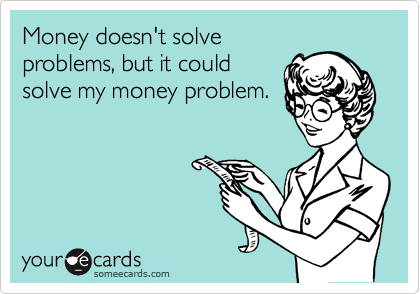I remember the exact moment I stopped reading fashion magazines.
![]()
I was 19 years old and had just finished paging through Vogue, and although I'd felt fine about myself earlier in the day, I now felt fat and ugly. The epiphany was sudden if not terribly genius: These magazines wanted me to feel awful about myself so I'd buy whatever their advertisers were shilling to fix the “problems" they'd convinced me I had.
And that was it – I was done. I haven't picked up a fashion magazine since.
I thought about that when I saw that France's parliament just passed a law making it illegal there for fashion houses and modeling agencies to hire super-skinny models—“super-skinny" in this instance meaning a BMI under 18. In real-world terms, that means a 5'9" girl (pretty standard runway model height) would have to weigh at least 122 pounds.
The measure comes hot on the stiletto'd heels of French lawmakers also banning pro-anorexia websites, and mandating that photos retouched to “alter the bodily appearance of a model for commercial purposes" carry a disclaimer saying so.
![]()
Stating the obvious: BMI is a bullshit way to determine whether someone is too thin (or, for that matter, too fat). Ten people of equal height who all weigh the same thing can look dramatically different from one another. Except in extreme circumstances, “too thin" is kind of like Potter Stewart's description of porn—I can't define it, but I know it when I see it.
I'm more intrigued by and supportive of that photo-retouching rule, because although bans on skinny models (Israel, Italy and Spain have them too) are designed to keep them from starving themselves, a secondary – and, to me, more important – goal is to lower the eating disorder rates in girls who inevitably compare themselves to those models.
Typical teenage girls don't see a lot of runway shows but they do see ads featuring models and celebrities every day, and those photos are always manipulated. Cheekbones are enhanced, boobs are enlarged, legs are lengthened, waistlines are narrowed – and that's just for starters.
To wit: Jessica Alba's curves are gorgeous, but a photo editor somewhere didn't think so.
![]()
(via Campari)
Even poor Katie Couric isn't immune. When she took over CBS Evening News in 2006, the publicity shot the network sent out was noticeably altered from the original (which appeared in a magazine).
![]()
(via CBS/Watch!)
Shouldn't advertisers be compelled to tell women (young and old) about that? Compelled to come clean about the fact that no amount of dieting or makeup will make us look like Beyoncé because hey, stunning as she is, even Beyoncé doesn't look like that?
Currently, the US doesn't have many “truth in advertising" rules for these types of things. Which brings us back to 19-year-old me. Would I have still have felt so fat and ugly if I'd known those models in Vogue were pieced together like so many high-glam monsters of Frankenstein? Eh, probably. Insecurity is part of the human experience, especially the human female one.
But girls are comparing themselves to things that aren't even human now. It's an impossible standard of beauty, and I think we as a society should tell them that every chance we get.
![]()

















